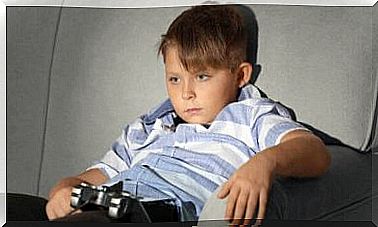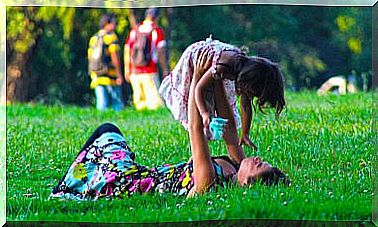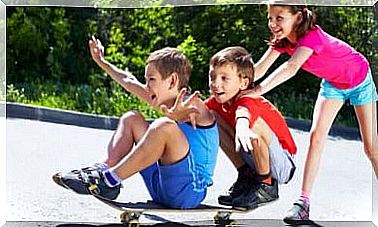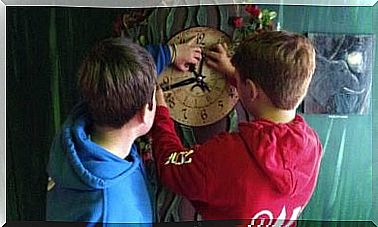The Development Of Sensorimotor Intelligence In Children
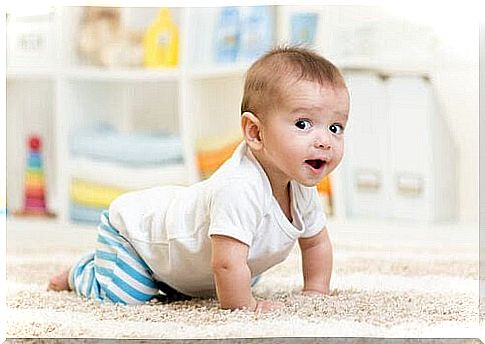
The Swiss psychologist Jean Piaget defined sensorimotor intelligence as one of the stages in children’s development. In this phase, infants begin to notice the world around them and explore it with their senses and movements.
What is sensorimotor intelligence?
Sensorimotor intelligence is one of the stages in children’s development that has been thoroughly analyzed in recent years. It plays a central role in the theory of development, which ultimately defines children’s cognitive development.
Piaget described four steps:
- The sensorimotor phase which lasts from 0 to about 2 years
- The preoperative (or pre-operative) phase from 2 to about 7 years
- The concrete-operational phase from 7 to about 12 years
- The formal-operational phase from 12 years to about 15 years
During the sensorimotor phase, children begin to become aware of the world around them. All their senses and movements are developed to develop knowledge and interact with the environment.
Many times adults do not really understand how important this phase of life is. It is not for nothing that this is considered the first phase of cognitive development.
The development of sensorimotor intelligence
As explained above, sensorimotor intelligence develops from birth up to the age of two. During this period, the first habits appear that lack intention. That is, children still do not perceive themselves as individuals in a group but only as themselves.

It is also in the first phase that children begin to experiment with so-called primary circular reactions. These are actions that are focused on their own bodies, and that is why they are considered primary.
One of the first circular reactions that children develop is the ability to suck. When they are born, it is a reflex to suck on their mother’s breasts. But soon they also start sucking on other things such as fingers, pacifiers or toys.
By doing this, children begin to form habits and learn about structures and tastes. In other words, they also develop knowledge.
Emotions, movements and experiences are the central elements in sensorimotor intelligence.
How is sensorimotor intelligence constructed?
This development phase is based on reflexes. Movements are the key. In fact, when infants make an interesting movement, they usually repeat it, but always add new elements. These movements, known as circular reactions, are fundamental to sensorimotor development.
It is important to remember that according to Jean Piaget, intelligence is developed much earlier than the ability to speak. A child generates intentional behaviors during this phase of life, as well as mental combinations, symbolic images, and mental representations.
The importance of sensorimotor intelligence
This stage is one of the most fundamental for human sensory, motor and intellectual development. During this phase of a child’s life, evolution takes place until the child develops intentional behavior.
This behavior includes a transitive schedule and a mobile schedule. It is important that parents stimulate their children with exercises and games specially adapted to their age.
From the beginning, infants use reflexes to which the latter incorporate new elements. These in turn provide new results, which enable the child to experiment and develop his intelligence.
In this way, the child goes from a reflex movement, such as sucking, to creating habits and relating to objects.
Sensory and motor intelligence are part of the development theory presented by the Swiss psychologist Jean Piaget. It is the stage of four steps that constitutes cognitive intelligence.
We must not forget that the first two years of life are crucial for children’s optimal development. Therefore, it is very important that parents stimulate their children in the right way and give them the right tools to develop their intelligence.
